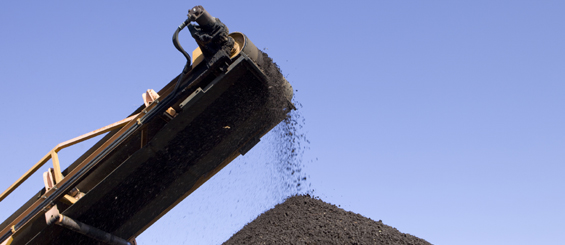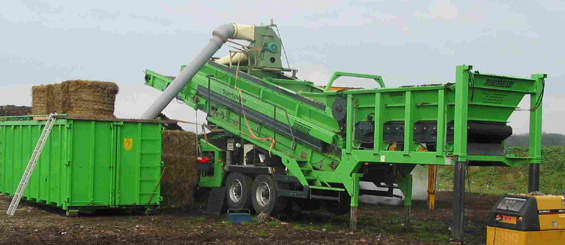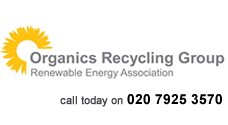Adverts
Recently the EU Commission amended the regulation which gives detailed rules on organic production and labelling of organic products. The new regulation amends Annex I ( the Fertilisers and soil conditioners that may be used in organic production) to Regulation No 889/2008.
What does this mean?
The previous version of the regulations permitted the use of composted or fermented (AD) household waste if products were obtained from source separated household waste which has been submitted to composting or to anaerobic fermentation for biogas production. This was limited to vegetable and animal household waste and only when produced in a closed and monitored collection system, accepted by the Member State. The new regulation (no 354/2014) has now amended Annex I to also include biogas digestate containing animal by-products.
The good news.... This broadens the scope of the types of wastes that can be used on organic farms as organic operators are permitted to use biogas digestate derived from low risk (Category 3 and some Category 2) animal by-products on organic land. This broadens the range of sources of permitted inputs since Category 3 materials include former foodstuffs (waste from food factories and retail premises such as butchers and supermarkets) and catering waste (including domestic kitchen waste). The digestate is not to be applied to edible parts of the crop.
However, there is a requirement for the animal by-products not to be from factory farming origin. The Regulation provides no definition of factory farming but notably does not require the animal by-products to be of organic origin. The Codex Alimentarius suggests that âÂÂfactory farming refers to industrial management systems that are heavily reliant on veterinary and feed inputs not permitted in organic agricultureâÂÂ. Defra interprets factory farming origin to include only those farms which are heavily reliant on inputs and not to encompass all conventional farms.
The Issues:
1. It may be difficult to differentiate if inputs are from factory farming origin. It would be useful to know if you can trace the origin of your feedstock and identify whether it is from factory farming origin and if this requirement would cause a substantial problem.
2. There is still a limitation on the use of compost (only from household waste or of vegetable matter), meaning that compost derived from catering or retail waste would not be permitted for use. Does this create a substantial restriction?
The REA has been asked by Defra to see what demand there is for use of these types of waste on organic farms and whether the inclusion of biogas digestate in the annex covers all types of waste that there may be a demand to use.
Have you been requested by a customer who operates an organic farming enterprise to supply them with digestate or compost, if so, how significant is the demand for this material and what size is the market potential for you in this sector?
Please send any relevant comments or information you may have to Jeremy (jeremy@r-e-a.net) or call (07787 856384) by 8th October.
Updated: 23/09/14
visitor comments
Members' Area
Become a Member!
Join the Organics Recycling Group at the Renewable Energy Association by clicking below.
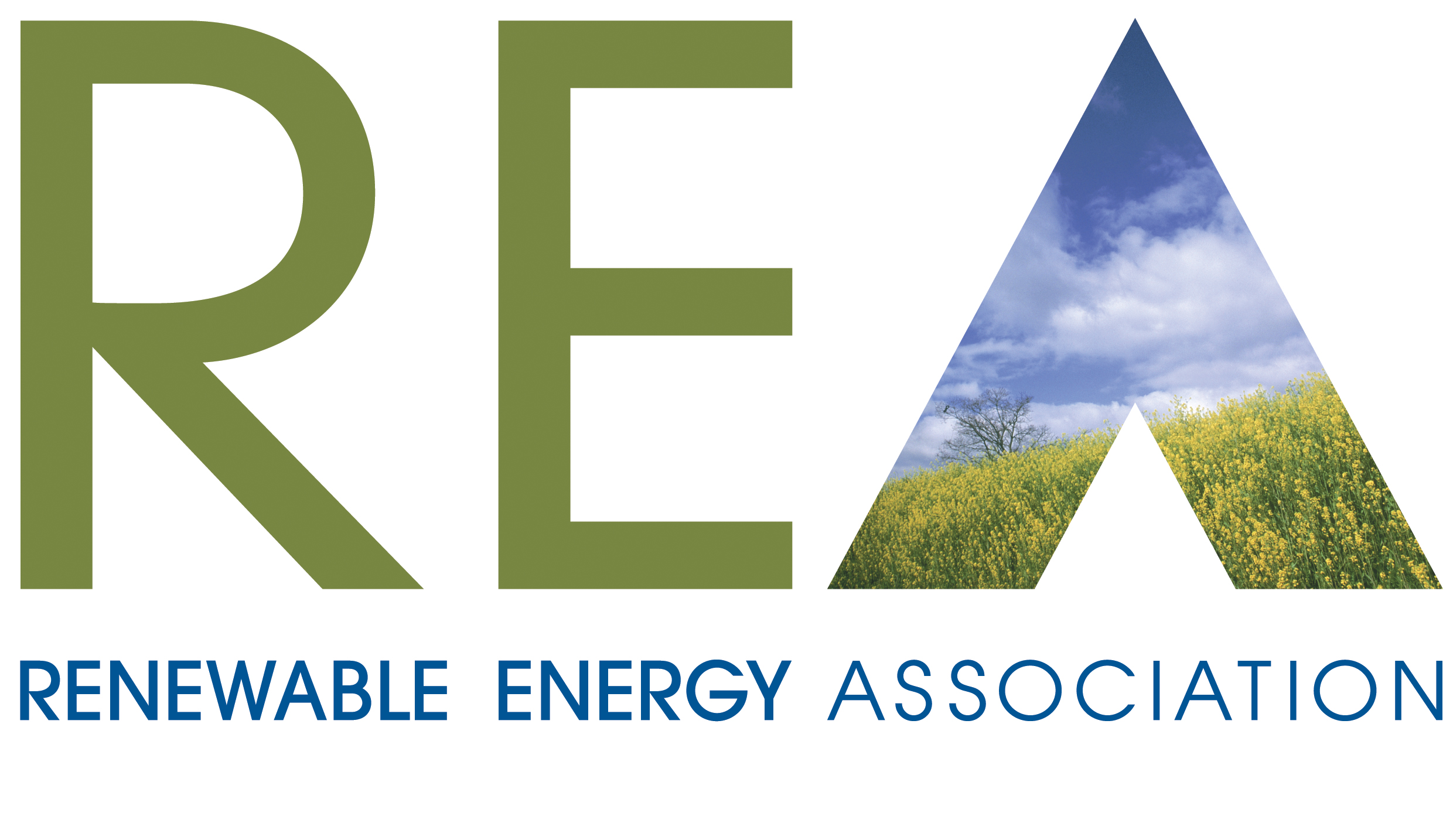



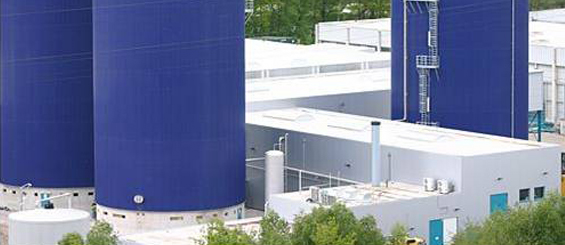
.jpg)
